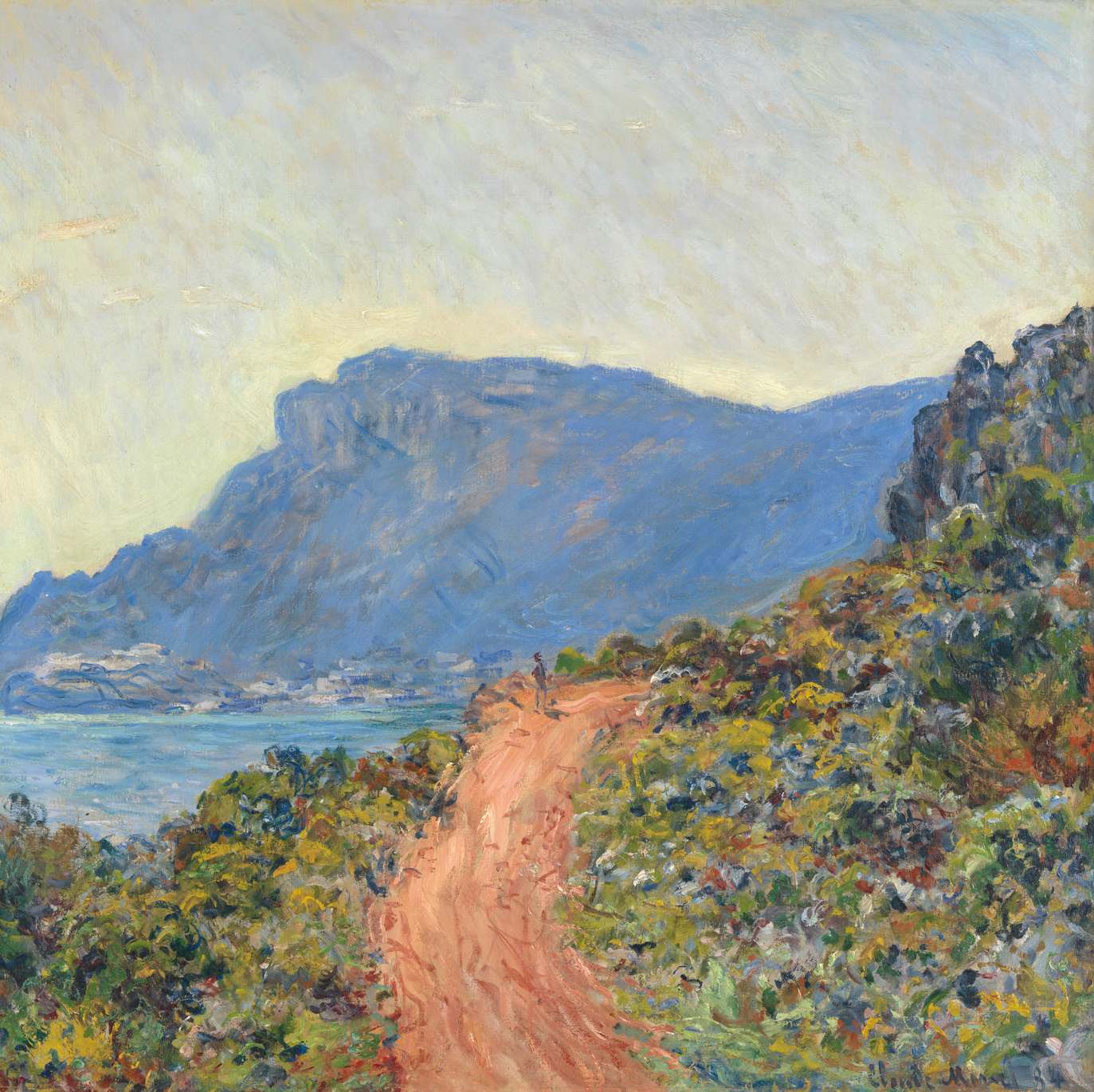A Curious Case of Neglect
The Collection of Paintings from Baron Van Lynden and Baroness Van Pallandt
DOI:
https://doi.org/10.52476/trb.18495Abstract
The ‘Van Lynden Collection’ comprises forty-four paintings that were hung in the Lyndenstein country house in Beetsterzwaag by Baron van Lynden (1827-1896) and his mother Cornelia van Borcharen (1789-1864), and forty-six paintings purchased from 1860 onwards, when the baron married Maria Catharina, Baroness van Pallandt (1834-1905), for their residence in The Hague. The baroness’s involvement is not mentioned in archival documents because of women’s legal incapacity at the time. The article corrects this by referring to the Van Lynden-Van Pallandt Collection and discussing the history of all the works. Lyndenstein was home to an almost encyclopaedic selection of finely painted works by Dutch Romantic artists to which Van Lynden, when a young man, added paintings from exhibitions of Living Artists that mostly had already received awards. Louwrens Hanedoes, himself a painter and a relative, might have mediated and represented the baron in purchasing. In their Hague residence, Van Lynden and Van Pallandt hung modern French works painted in a loose or even sketchy manner. These were acquired during visits they made together to sales and galleries in Paris and through their commercial relationship with Goupil & Cie (from 1884 Boussod, Valadon & Cie) and the firm of Wisselingh & Co, both with branches in the Netherlands. The collection from Lyndenstein arrived in the Rijksmuseum in 1899; in 1900 it was followed by the Hague collection, which had also been bequeathed but was then donated by Baroness van Pallandt during her lifetime. It was not possible to keep the Van Lynden-Van Pallandt Collection together because of the rapid expansion of the collection of late nineteenth-century paintings, the changing appreciation of modern art and the nationalist preference for Dutch art in general and the Hague School in particular, and long-term loans to other institutions. A number of the French masterpieces were not hung permanently until after the Rijksmuseum had been renovated (2013).
Downloads







